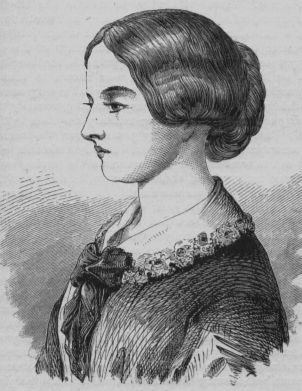In a discussion today I remembered this remarkably astute section from Notes on Hospitals, London: Longman, Green, Roberts, Longman and Green, 1863, by Florence Nightingale, OM, RRC
I am fain to sum up with an urgent appeal for adopting … some uniform system of publishing the statistical records of hospitals. There is a growing conviction that in all hospitals, even in those which are best conducted, there is a great and unnecessary waste of life and that, as a general rule, the poor would recover better in their own miserable dwellings if they had proper medical and surgical aid, and efficient nursing, than they do under more refined treatment in hospitals. But few have had so sad or so large an experience as I have had to lead them to this conviction. It is imperative that this impression should be either dissipated or confirmed.
In attempting to arrive at the truth, I have applied everywhere for information, but in scarcely an instance have I been able to obtain hospital records fit for any purposes of comparison. If they could be obtained, they would enable us to decide many other questions besides the one alluded to. They would
- show subscribers how their money was being spent,
- what amount of good was really being done with it, or
- whether the money was not doing mischief rather than good :
they would
- tell us the exact sanitary state of every hospital and of every ward in it,
- where to seek for causes of insalubrity and their nature ; and,
- if wisely used, these improved statistics would tell us more of the relative value of particular operations and modes of treatment than we have any means of ascertaining at present.
They would enable us, besides,
- to ascertain the influence of the hospital with its numerous diseased inmates,
- its overcrowded and possibly ill-ventilated wards,
- its bad site, bad drainage, impure water, and want of cleanliness — or the reverse of all these — upon the general course of operations and diseases passing through its wards;
and the truth thus ascertained would enable us to save life and suffering, and to improve the treatment and management of the sick and maimed poor.
The language feels a little dated (which is reasonable for a book written 148 years ago) but the spirit of Florence Nightingale’s book is very topical. It drives out:
- Demonstrating value of interventions
- Highlighting harmful interventions
- Public health
- Comparative analysis of clinical and and organisational performance
And of course it all feeds in to enabling people to live healthier for longer.
